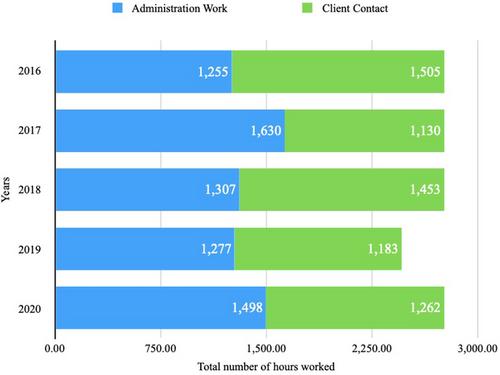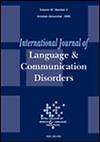Speech and language therapy (SLT) services are fundamental for communication, academic and social development. Evidence shows that demand for services is increasing, and this can adversely affect the quality of care. There are limited published studies in relation to the demand and quality of speech and language services in Malta.
To elucidate the perspectives of speech–language pathologists (SLPs), service managers and parents of clients about the impact of factors pertaining to human resource development (HRD), human resource management (HRM) and the environment on the quality of the children's SLT service in western Malta. Also, to outline the beneficial strategies or recommendations to improve the quality of the service provided.
A mixed-method study was used. Quantitative data provided by the Speech and Language Center (SLC) were analysed to determine demand over time using descriptive statistics. Qualitative data from one-to-one interviews using a bespoke questionnaire with managers, SLPs and parents were transcribed and analysed. Common and distinct themes in relation to the quality of services were then formulated and evaluated.
Quantitative results highlighted that clients were not receiving the required number of the therapeutic sessions. In total, nine themes in relation to the quality of the SLT service were identified by parents, SLPs and managers. The factors affecting the service quality were outlined and subdivided under three branches: HRD, HRM and the environment. All factors within these subgroups are expected to enhance the quality of the service provided if they are enhanced and improved upon. Additionally, the results showed that a discrepancy between the perceived and offered SLT services was felt from the managers’ and SLPs’ perspectives; however, this was not felt by parents. For parents, the main concern was the availability and frequency of the therapeutic sessions provided.
Insights from SLPs, managers and parents of clients highlighted the barriers and enablers of quality of service in SLT services for children. These findings can be used to improve services in Malta and other countries with similar contexts, mainly by altering time management, reducing demands and improving availability.
SLT is proven to enhance a child's communication skills. Increasing demands for therapy can affect the quality of the service provided, ultimately affecting the child's progress. There is a gap in the evidence base regarding the quality of speech and language services for children in Malta and the factors which affect the quality of the service.
This is the first study of its kind in Malta. It seeks to identify the quality of SLT services for children from three different perspectives: service managers, SLPs and parents. In addition, this study investigated what affects the quality of SLT services positively or negatively. Through this study, the impeding factors were divided into three domains; HRD factors, HRM factors and environmental factors. These domains were mentioned by all three groups of participants because they affected the service negatively or positively. The main negative aspects included bad time management, high demands, and reduced availabilities and accessibilities, whilst positive aspects included improved support, relationships and the environment.
This study suggests reducing the managerial and administrational demands on SLPs and improving session frequency would enhance the quality of service. In relation to the three domains, the HRD factors that would enhance the quality of service are: SLPs’ and parental competencies, enhancing SLPs’ positive characteristics, positive attitudes and cooperation from all personas; for HRM resources the factors important for quality are strategic and risk management, workforce and recruitment; and for the environmental factors the physical environment and resources are important as they affect the service depending on their condition, that is, improved resources result in improved service. Such alterations would reduce the SLPs’ demotivation and burnout due to reduced responsibilities, whilst improving accessibility and availability, ultimately enhancing the quality of the service provided.



